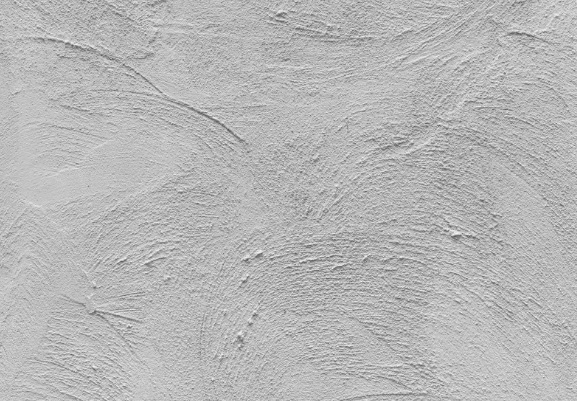Sodium silicate sealers are very popular sealers to use on interior and exterior concrete. Over the past few years however, the market has become flooded with silicates and their purpose and abilities have been diluted through the improper use of marketing. Understanding how a silicate sealer works will help you to make a more educated purchasing decision.
Sodium silicate sealers penetrate into the surface of the concrete where they chemically react to from a calcium silicate hydrate (CSH) structure within the pores. Silicate sealers spark a chemical reaction in the concrete and once the chemical reaction has taken place and the CSH has formed, there is no longer any sealer left in the pores. All that is left is the hardened CSH structure. All sodium silicate sealers spark the same chemical reaction.
The CSH structure formed looks like a tiny crystal that is permanently bonded to the concrete pores. It reduces the size of the pores, therefore increasing density and strength. There are a few benefits to use a sodium silicate sealer:
- Silicate sealers will reduce dusting and deterioration caused by surface abrasion by increasing the surface strength and density of the concrete.
- Silicate sealers will reduce the movement of sub-surface water and moisture through the pores by reducing the size of the pores.
- Silicate sealers are permanent sealers. The CSH created from the chemical reaction is permanent and can only be removed once the concrete itself is removed.
If all sodium silicate sealers create the same chemical reaction, why aren’t silicate sealers the same price? Well, for a few reasons. The largest difference is the form. Some products, like the Armor S2000, are sold in concentrate which means that you need to dilute with water before applying. These types of products are very cost effective and tend to be sold for less because you don’t have to pay for water and you don’t have to ship water. Other products are sold pre-diluted. Pre-diluted silicates are sold with distilled water already added into the formula, and you have to now pay to ship the water to you. Concentrated vs pre-diluted form is the largest difference between sodium silicate sealers.
Should I pay more for a warranty? Absolutely not. Silicate sealers simply spark a chemical reaction. Once the chemical reaction has taken place, there is no “sealer” left in the pores. All sodium silicate sealers spark the same chemical reaction and the results of that reaction have nothing to do with the brand of sealer you apply. The results of the chemical reaction will depend on the following:
- Sodium silicate concrete sealers chemically react with the free lime and calcium in the concrete. The amount of free lime and calcium present will help contribute to the amount of CSH formed.
- The porosity of the concrete will determine how deep the sealer penetrates. The deeper a sealer penetrates, the more diluted the silicate is within the pores. Porous concrete will require more coats in order to take up more of the pores space.
Silicate Sealer Reviews:
- Armor S2000 Concrete Sealer Review (concentrated sodium silicate)
- RadonSeal Concrete Sealer Review (pre-diluted sodium silicate)
- Stone Technolgies X-1 Concrete Sealer Review (pre-diluted sodium silicate)
- Ashford Formula Concrete Sealer Review (pre-diluted sodium silicate)
There are many things that a silicate sealer can do, and equally as many that they can’t do. Here are a few things in which you should NOT use a silicate sealer for.
- Sodium silicate sealers can not cause water and other liquids to bead of the surface, and they will not reduce the absorption of water and other liquids. To reduce damage and deterioration caused by water absorption, you want a water repellent sealer.
- Sodium silicate sealers can’t stop oil, gas, or chemicals stains on the concrete because they don’t leave a surface film. An acrylic sealer or concrete coating is required to stop oil, gas, or chemical stains.
- Sodium silicate sealers can’t stop hot tire pickup because they don’t leave a surface film. An acrylic sealer or concrete coating is required to stop hot tire pickup.
- Sodium silicate sealers don’t stop freeze-thaw and salt damage to concrete because they can’t repel water, or reduce surface water absorption. They can help to make the concrete more resistant to abrasion from road salts, but they can’t stop damage caused by water freezing from within the pores. To stop freeze-thaw damage you want a water repellent sealer.
- Sodium silicate sealers can’t stop Radon because Radon is a gas and can move through CSH just as easily as it can move through concrete. The best way to stop radon is with a Radon Mitigation System.

